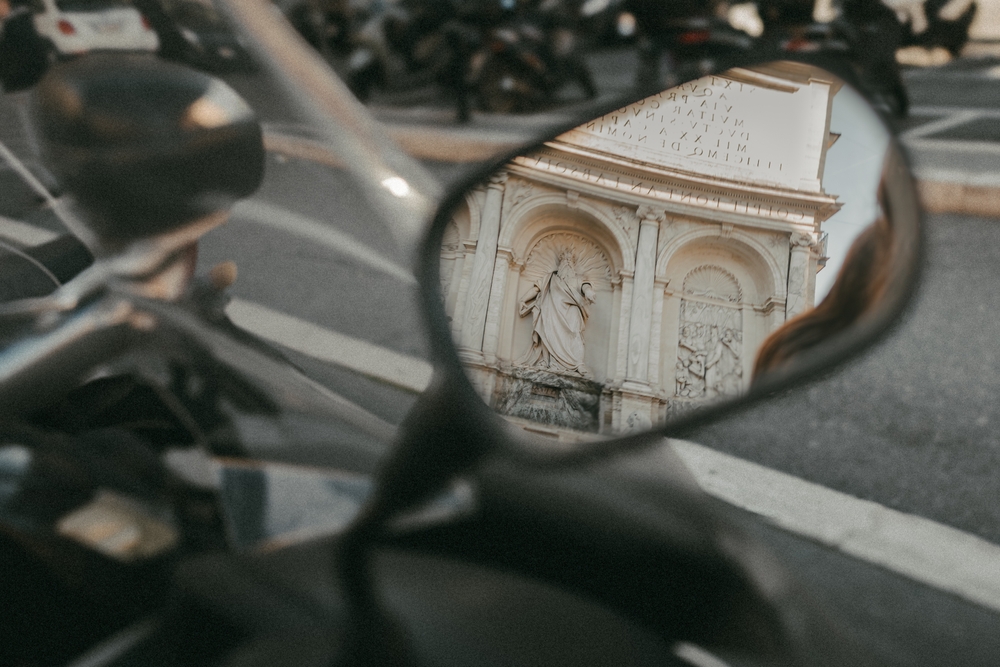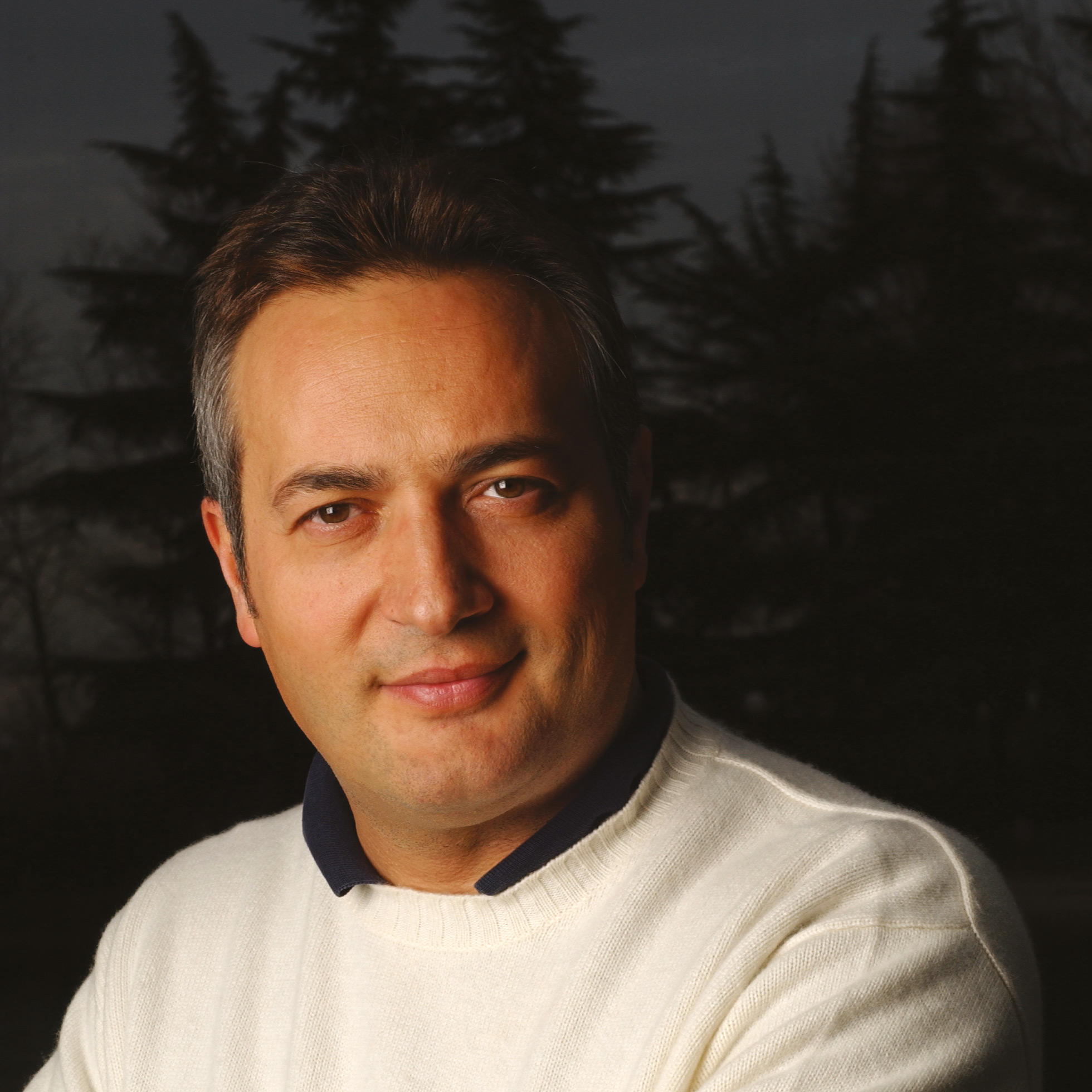At the end of the year, we couldn’t miss Pagnoncelli’s authoritative poll in Corriere della Sera on Italians’ voting intentions. So, what would happen if elections were held today? Without delving too much into the details and noting that there are no dramatic changes compared to the recent history of the individual parties, Italy is clearly heading toward a defined bipolar system. Two major movements with two women at the helm: Fratelli d’Italia, led by Prime Minister Giorgia Meloni, standing at nearly 28%, and the PD, with its secretary Elly Schlein, approaching 23%.
Coalitions are forming around them: the center-right, which is concrete and governs, and the center-left, the so-called “broad field,” which is not yet fully realized but is taking shape in the laboratory of the opposition. These are two successes if we consider that, after two years in government, polls typically indicate a decline in approval, while for those in opposition, gathering support becomes increasingly difficult over time.
Meanwhile, politics is not on holiday: tomorrow, the financial maneuver will be finalized, while the Pope, knocking on Rebibbia’s door, reopens the debate on a critical and sensitive issue: prisons. On both issues, the worldviews are diametrically opposed: more security and harsher sentences on one side, amnesty and alternative penalties on the other. The truth, however, is that for everyone—right or left—prisons are the unintentional and dramatic mirror of a failing welfare system.
Mental illness and immigrants are the offspring of a lack of inclusion. These issues, along with healthcare and rights, are the central challenges of our time. And no budget law, constrained by European rules, can provide all the answers. In January, the saga of reforms will return, within a public debate that is increasingly polarized and therefore divided and divisive.
And that is not good, because I remain convinced that a country grows only with the intelligence of everyone.


